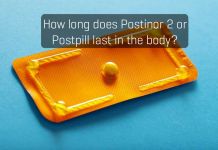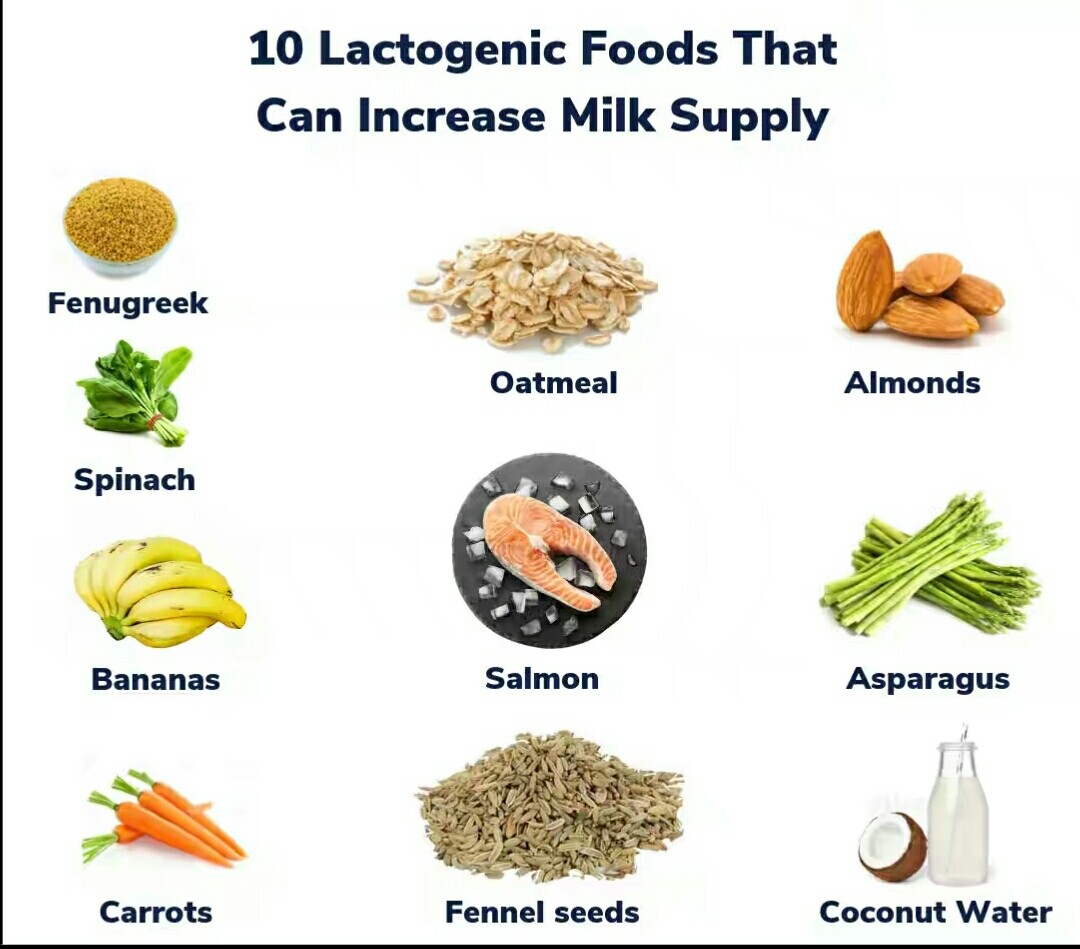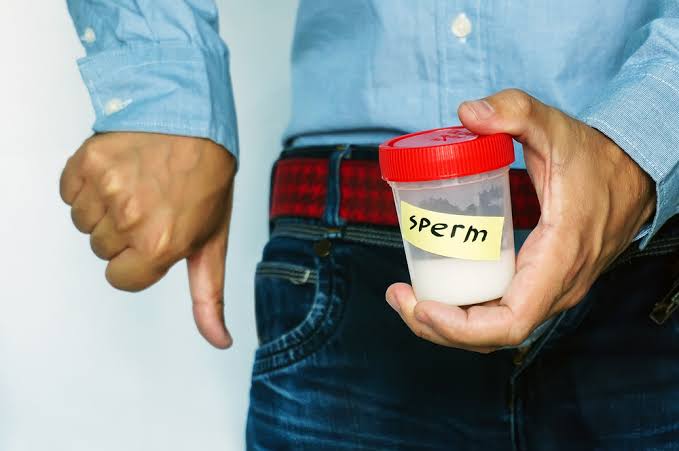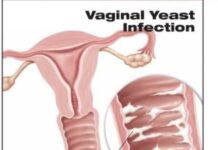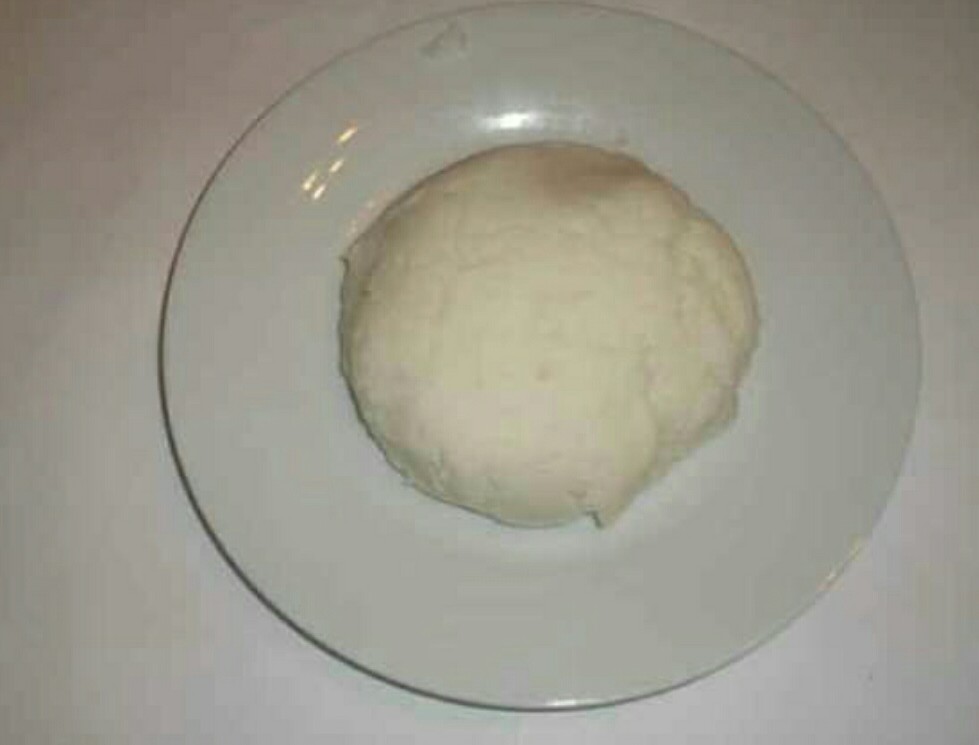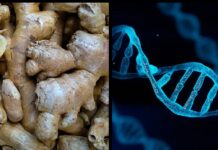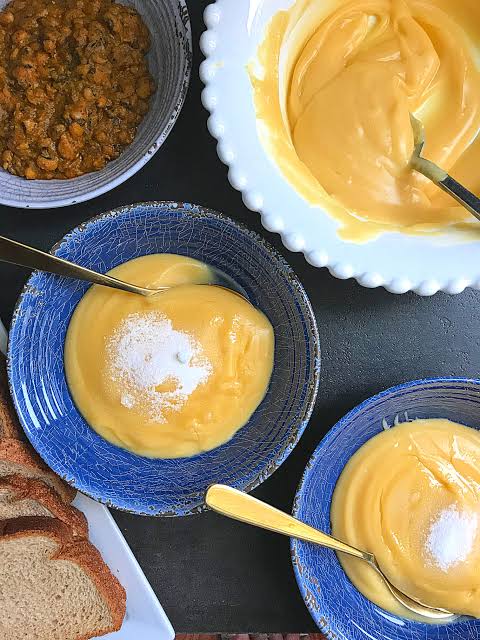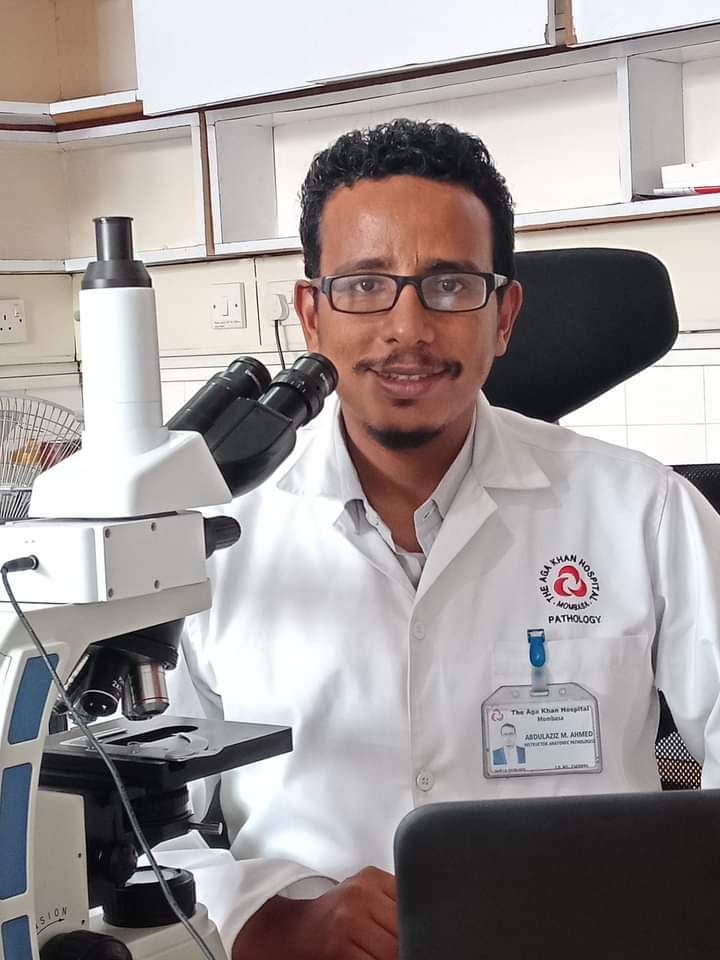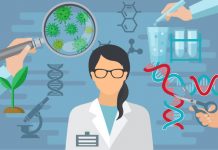Can a microbiologist become a pathologist?
Microbiology is the study of microscopic organisms, such as bacteria, viruses, achaea, fungi and protozoa. This discipline includes fundamental research on the biochemistry, physiology, cell biology, ecology, evolution and clinical aspects of micro organisms including the host’s response to these agents. It is the scientific study of micro organisms, those being unicellular, multicellular or acellular.
Microbiology encompasses numerous sub-disciplines including Virology, Bacteriology, Protistology, Mycology, Immunology and Parasitology. Microbiology is a biological science course under the faculty of science in most universities. The number of years required for the award of the BSc. in Microbiology degree is 4 (four) years.
Pathology is a branch of medical science that involves the study and diagnosis of disease through the examination of surgically removed organs, tissues (biopsy samples), bodily fluids, and in some cases the whole body (autopsy). It is a bridge between Science and Medicine. It underpins every aspect from patient care, form diagnostic testing and treatment advice to using cutting edge technologies and preventing diseases.
A Pathologist is a medical healthcare provider who examines bodies and bodily tissues. She/he is also responsible for performing laboratory tests and helping other healthcare providers reach diagnoses and is an important member of the treatment team. Pathologists are majorly Medical Doctors with specialist laboratory training or Scientists with special clinical training, though the former is more common and orthodox. Pathologist are very important in cancer diagnosis and histology.
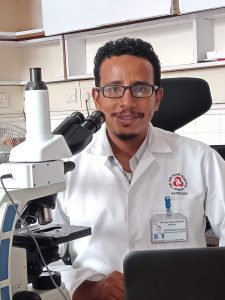
Yes, a Microbiologist can become a Pathologist especially as both areas are similarly themed. A microbiologist would have to become a Doctor (MD or MBBS holder) first before proceeding to receive further specialist laboratory training to become a Pathologist (Anatomic Pathology, Dermapathology, Forensic Pathology and Laboratory medicine).
Being a Microbiologist makes it easier for the student to get admission to study Medicine and cope with the academic load as part of it has been done before. If you can find an MBBS program that allows for ‘post graduate’ entry cutting two or three years off the normal timeline. Most times it is required to visit your proposed institution for more enquires. Most universities accept post graduate admissions into Medicine with a minimum of a 2nd class upper in any relevant course. Some schools accept 2nd class lower but this reduces the chances of being admitted. These courses include; Microbiology, Biochemistry, Dentistry, Nutrition and Dietetics, Physiology, Medical Laboratory Science, Ophthalmology, Pharmacology, Zoology and Anatomy.
After the MD programme, the Microbiologist may proceed to receive further specialist laboratory training though it may not be as vigorous due to previous laboratory experience as a Microbiologist. A Microbiologist may also decide to become a Diagnostic Microbiologist to work as/with Pathologists as Diagnostic Microbiology is a subsection of Clinical pathology within the hospital laboratory, usually as part of the department of Pathology or the department of Laboratory Medicine.
Olayinka Shyllon
This article is the intellectual property of www.nimedhealth.com.ng




